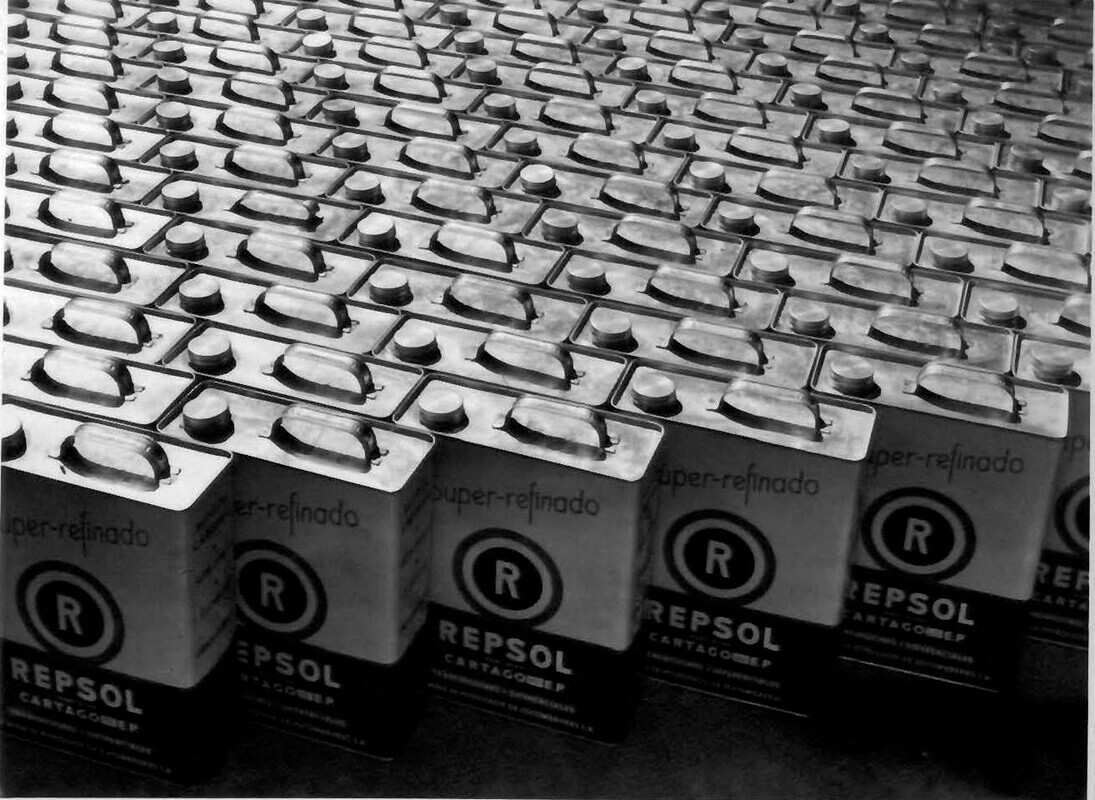Engine oil for cars over 10 years old

The vehicle fleet is aging, with 53% of cars over 10 years old. That’s why drivers need to take care and take responsibility: to keep and maintain their vehicle in the best possible conditions to ensure safe driving. In this article, we explain the importance of choosing the right lubricating oil and we offer some recommendations on engine oil for cars over a decade old.
Recommendations for old cars
In order to know what type of engine oil a car needs and how often it should be changed, it’s important to check the manufacturer's manual if you have any questions. Here are some recommendations:
1. Protection against wear and tear:
Older cars tend to have more rundown engines, so it’s important to give them the right engine oil to reduce friction of internal parts. That’s why, offering the best ones with anti-wear additives in the lubricant formulation is essential.
2. The right viscosity:
Not getting the right viscosity can affect the lubrication and performance of a vehicle's engine, which is why it’s crucial to know the manufacturer's when it comes to the necessary SAE grade. The viscosity needs to be high enough for the lubricating film that forms to be thick enough to adequately protect the engine, but at the same time it needs to be low enough to allow the oil to circulate fluidly and satisfy the engine’s needs. Each vehicle’s specific needs dictate which is the engine's best solution.
3. Engine cleaning:
The accumulation of residue in the engine is very common in cars over 10 years old, that’s why it’s advisable to use oils with powerful detergent and dispersant properties, which will help keep the internal components clean.
4. Oil consumption:
As expected, older cars also tend to consume a more oil, so it’s advisable to use high-quality lubricants with formulations that minimize evaporation and, once again, choose the right viscosity, which allows the oil to seal properly.
5. Oil changes at the right time
For older vehicles or even classic cars, it’s essential to listen to the advice from specialist workshops, so the lubricant’s condition can be evaluated and any possible problems detected early. The vehicle manufacturer's specifications will tell you how often to change the oil.
Related contents




